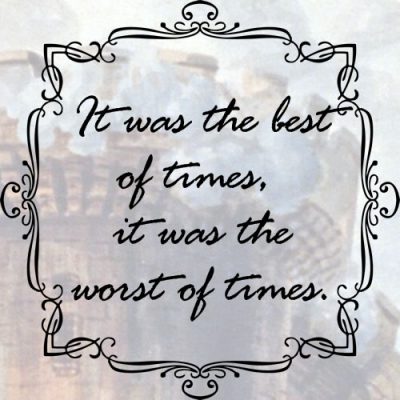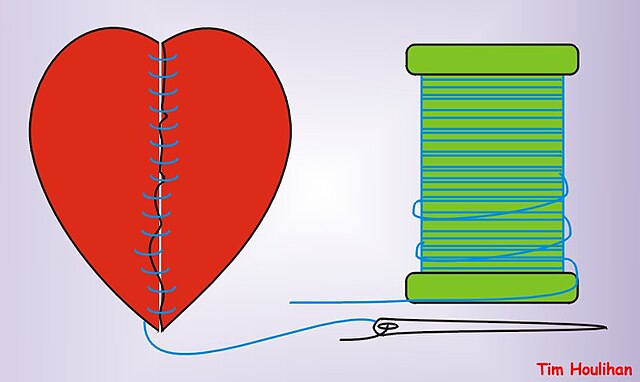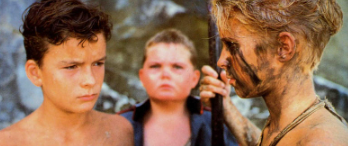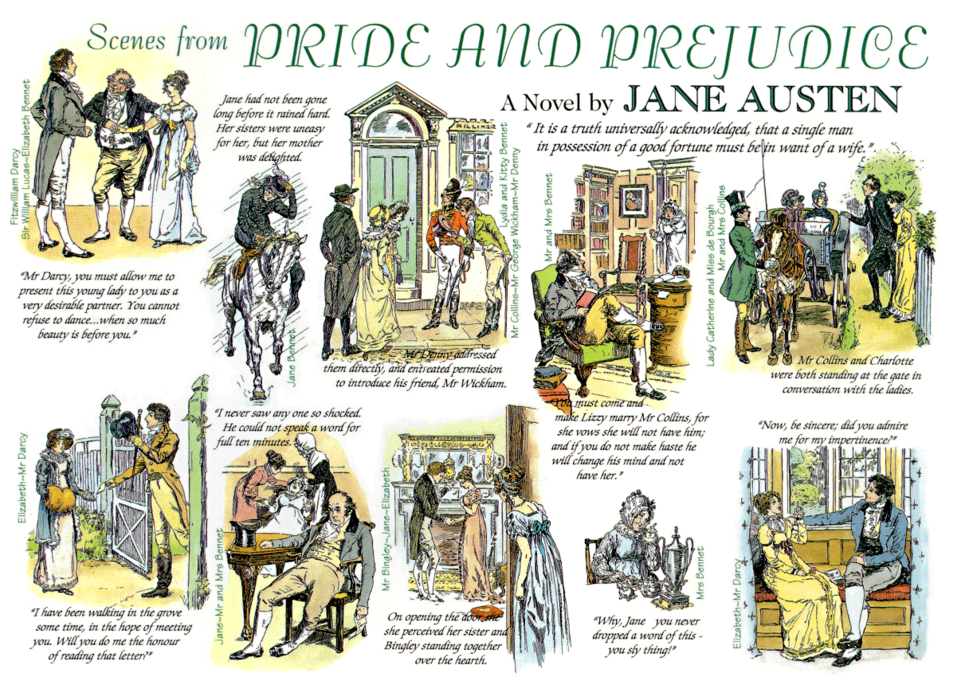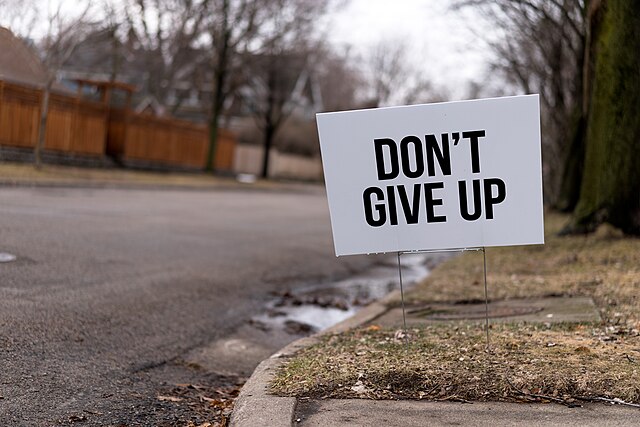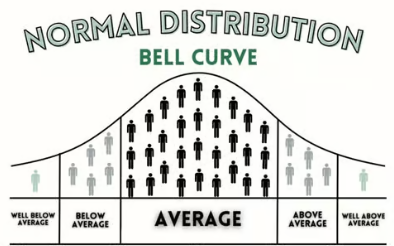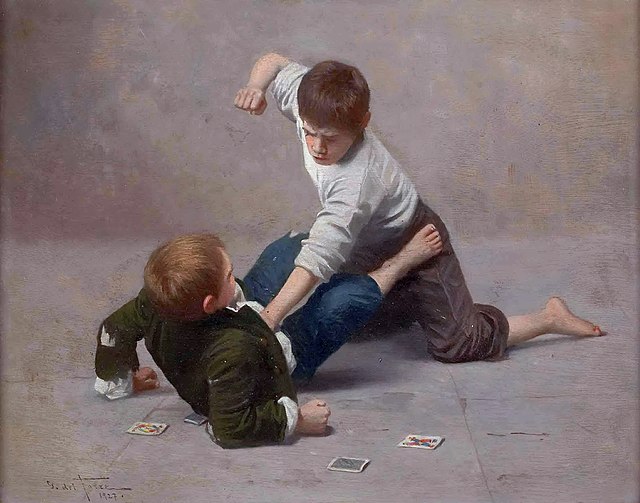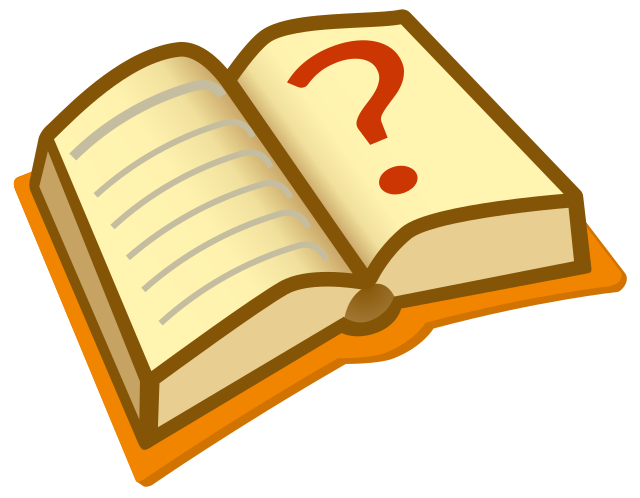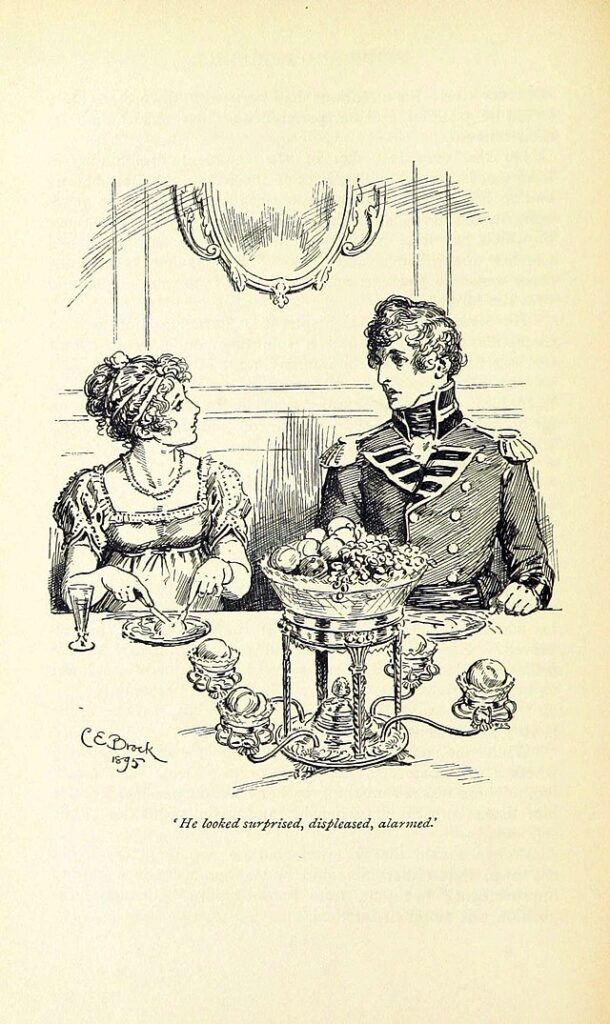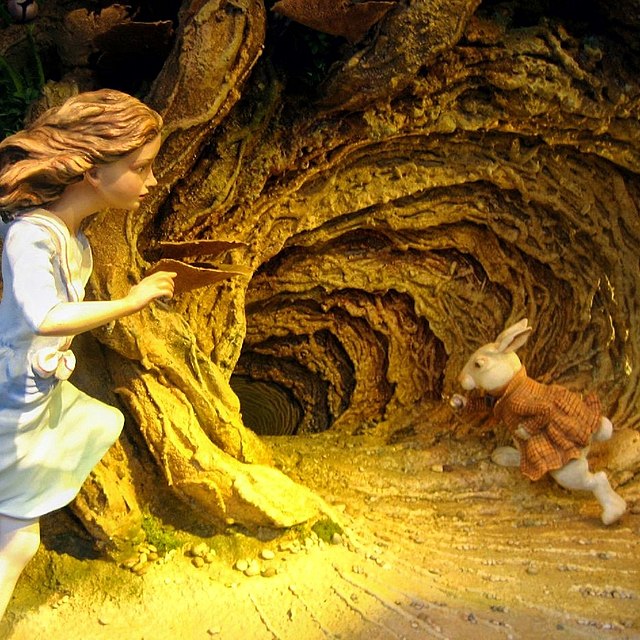What Makes Great Writing?

We All Have Our Own Opinions
Of course we do! Life would be very boring if we didn’t. But there are elements to story that seem to be essential and universal. I’ve listed some below but it’s not exhaustive and I’m interested to hear other ideas.
Character
I often hear authors talk about the need to create three-dimensional characters, characters with depth, with strengths and flaws, with motivation, with agency, characters who change. And when I think about it, most of my favourite characters match this description. But not all.
I’ve mentioned one of my absolute favourite novels before: A Christmas Carol. While it’s true that Ebenezer Scrooge changes drastically by the end of the book, it could be argued that he isn’t a three-dimensional character. At the beginning, we see a character with flaws but no strengths (I don’t count the ability to make and hoard money as a strength!). He has no motivation to change. He is dragged through events by the ghosts – they’re the ones with agency, not him. And yet, it works. Dickens created a timeless classic, a narrative with a clear message about the power of redemption. You might say that it’s a simplistic story with a simplistic character arc, and it is in many ways, but is this a bad thing?
Conflict
Are both external and internal conflict required in a great story? Do plot-driven novels like thrillers focus on external conflict, while character-driven novel focus on internal? Does literary fiction need to have an external conflict at all? Can you think of any novels which match these descriptions or counter them?
Plot
The chain of events: inciting incident, escalation, foreshadowing, reveals, midpoint, twists, climax, hitting those beats. Which genres tend to be more plot-heavy and why? What are the pros and cons of stories which are/aren’t plot-driven?
Goals and Obstacles
What are your character’s wants and needs and what’s stopping them, both internally and externally? Externally (on the surface), Scrooge wants more money. Internally (in reality) he needs to change his ways, to redeem himself before it’s too late. The character arc should show the protagonist achieving their ‘need’ by the end of the story…but is this always the case? What are your thoughts on endings which are not such a happily-ever-after or tied up in a neat bow?
Pace
I may sound like Goldilocks, but I always have to consider whether my pace is too slow, too fast, or just right. Of course, it depends on genre. Fast-paced thrillers keep the plot exciting; slower-paced literary fiction allows the reader to absorb the language, the nuances of character, perhaps the things that are left unspoken – the gaps between the words.
But how do we ensure that our pace matches our genre, or the intentions of a scene, e.g. an action scene, or a scene which focuses on the interiority of a character? I’ve read that short sentences speed up pace and longer, more descriptive sentences slow it down. If you have any other methods I’d be pleased to hear them, because there must be more to it than that!
Language
How picky are you about ‘polishing your prose’? Are you someone who enjoys adding specificity to a description? What’s your opinion of so-called flowery language (purple prose)? Do you enjoy description or economy? What’s your stance on the adverb debate? How difficult is it to avoid clichés, over-used similes and metaphors? Are you someone who doesn’t mind going to a dictionary to look up the meaning of grandiose vocabulary?
Surprise
I don’t just mean twists here. It could be a character’s unexpected or contradictory reaction to an event, which reveals another side to their personality (if done well). It could be a new obstacle that rears its head. It could be an ending that you didn’t see coming. It could be the realisation that there were breadcrumbs and foreshadowing throughout the story that you only realise retrospectively upon finishing the book. How important is it to have surprise in a story? Does it keep you turning the pages? Or do you dislike the unpredictability?
Themes and Motifs
Redemption is a key theme in A Christmas Carol. How important is it to have a theme/themes in a story? Do they add depth or are they a way for the author to push an agenda?
I do enjoy a motif in a novel. David Almond uses birds as a powerful example throughout his book, Skellig. Philip Pullman uses hearts and clocks/time in Clockwork. I realised after writing that I included a motif in Daisy Roberts is Dead – the new beginning of Spring and its associated changes, the seasons of our lives.
Final Thoughts
I’ve asked a lot of questions throughout this post. I’d be interested to hear your answers. Feel free to focus on one question/feature or several. Also, can you add any other aspects of great writing that I haven’t included? Which books do you consider to evidence great writing and why?
Structuring Scenes
How to craft scenes with purpose
I watched another excellent webinar recently. The content was helpful as both a planning tool and as an editing tool. Scene structure mimics story structure, but on a…
On The Honest Authors’ podcast, Gillian McAllister once mentioned that she was asked, “Do you really think that?” about something controversial she’d written in one of her novels….


